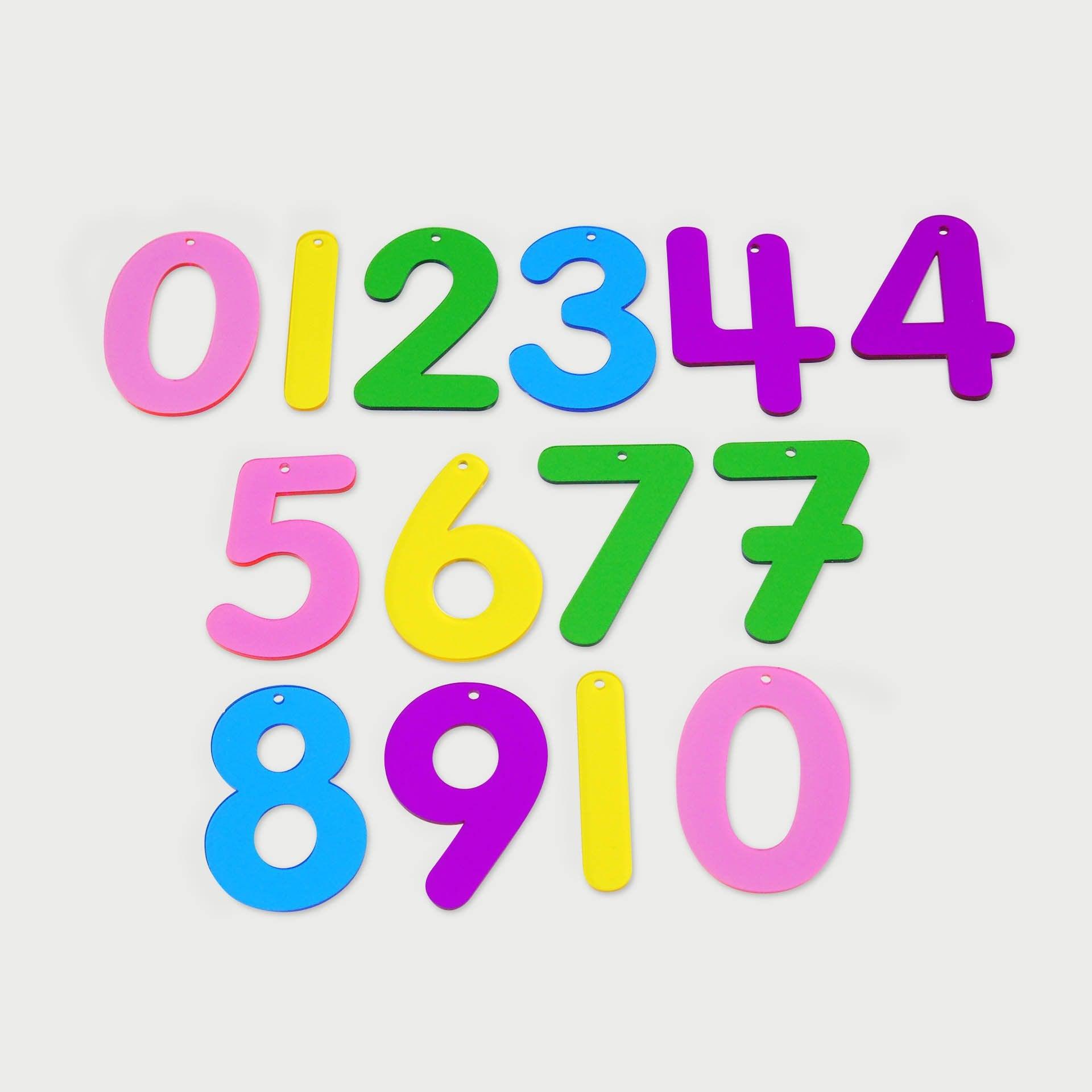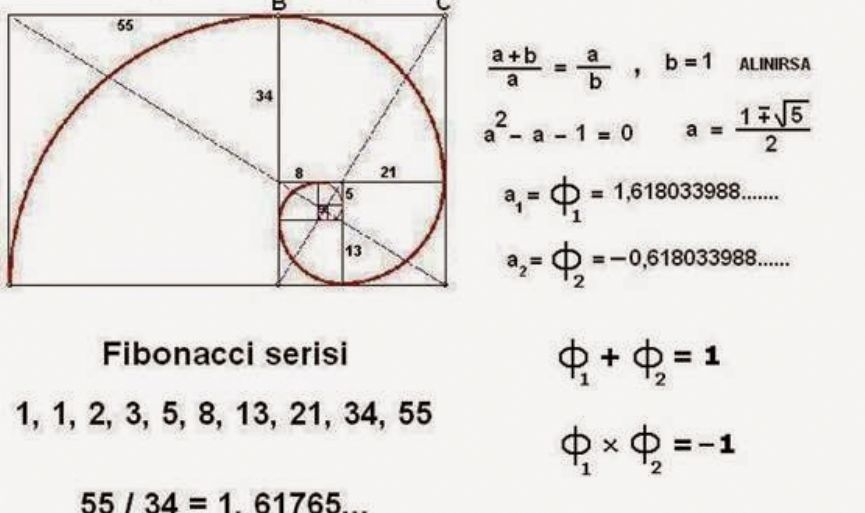The Power of Numbers: Unlocking the Secrets of Mathematics
**Introduction:** 
Numbers, the building blocks of mathematics, have held a profound significance throughout human history. From ancient civilizations to modern scientific discoveries, the power of numbers has been a guiding force in understanding the universe. In this article, we delve into the intrinsic power embedded in numbers, exploring their role in various disciplines and the profound impact they have on our daily lives. **1. **Foundations of Mathematics:** Numbers form the bedrock of mathematics, providing a language to describe and quantify the world around us. From the simplest integers to the most complex mathematical structures, numbers are the foundation upon which mathematical concepts and theories are built. They serve as tools for calculation, measurement, and the formulation of abstract ideas. **2. **Scientific Discoveries:** The power of numbers becomes particularly evident in the realm of science. Through quantitative analysis and mathematical modeling, scientists unlock the secrets of the universe. Whether describing the orbits of planets, predicting the behavior of subatomic particles, or formulating equations that govern the laws of physics, numbers are an essential tool for advancing scientific knowledge. **3. **Technology and Computing:** In the digital age, numbers play a pivotal role in technology and computing. Binary code, the language of computers, relies on the representation of information using only two digits, 0 and 1. The manipulation of these binary numbers enables the functioning of computers, showcasing the power of numbers in driving technological advancements. **4. **Economic and Financial Systems:** Numbers are the heartbeat of economic and financial systems. From measuring GDP and inflation to analyzing stock market trends, numerical data informs decision-making processes at both macro and micro levels. Economic theories and financial models leverage the power of numbers to understand and predict complex market dynamics. **5. **Mathematics in Everyday Life:** In our daily lives, numbers shape our routines and decisions. From budgeting and calculating time to measuring distances and determining nutritional values, we constantly interact with numbers. The power of numbers extends to diverse fields such as architecture, art, music, and even sports, where statistics and numerical analysis play a crucial role. **6. **Philosophical and Symbolic Significance:** Numbers transcend their practical applications and hold philosophical and symbolic significance. Throughout history, certain numbers have been revered for their perceived mystical or cultural importance. The concept of mathematical beauty, as explored by mathematicians like Pythagoras and Euler, reflects the profound aesthetic appeal that numbers can evoke. **7. **Understanding the Universe:** Numbers serve as a powerful tool for understanding the universe's intricacies, from the microscopic to the cosmic. Whether calculating the Fibonacci sequence in nature, deciphering the genetic code, or analyzing the cosmic microwave background radiation, numbers provide a language that enables scientists to explore the mysteries of existence. **Conclusion:** In conclusion, the power of numbers is a pervasive force that permeates every aspect of our world. From the foundations of mathematics to the intricate workings of the cosmos, numbers are indispensable tools for human understanding and progress. Embracing the power of numbers allows us to unlock the secrets of the universe, make informed decisions, and appreciate the beauty inherent in the language of mathematics that shapes our reality.
Numbers are the heartbeat of economic and financial systems. From measuring GDP and inflation to analyzing stock market trends, numerical data informs decision-making processes at both macro and micro levels. Economic theories and financial models leverage the power of numbers to understand and predict complex market dynamics. **5. **Mathematics in Everyday Life:** In our daily lives, numbers shape our routines and decisions. From budgeting and calculating time to measuring distances and determining nutritional values, we constantly interact with numbers. The power of numbers extends to diverse fields such as architecture, art, music, and even sports, where statistics and numerical analysis play a crucial role. **6. **Philosophical and Symbolic Significance:** Numbers transcend their practical applications and hold philosophical and symbolic significance. Throughout history, certain numbers have been revered for their perceived mystical or cultural importance. The concept of mathematical beauty, as explored by mathematicians like Pythagoras and Euler, reflects the profound aesthetic appeal that numbers can evoke. **7. **Understanding the Universe:** Numbers serve as a powerful tool for understanding the universe's intricacies, from the microscopic to the cosmic. Whether calculating the Fibonacci sequence in nature, deciphering the genetic code, or analyzing the cosmic microwave background radiation, numbers provide a language that enables scientists to explore the mysteries of existence. **Conclusion:** In conclusion, the power of numbers is a pervasive force that permeates every aspect of our world. From the foundations of mathematics to the intricate workings of the cosmos, numbers are indispensable tools for human understanding and progress. Embracing the power of numbers allows us to unlock the secrets of the universe, make informed decisions, and appreciate the beauty inherent in the language of mathematics that shapes our reality.
In the realm of mathematics, the concept of "powerful numbers" typically refers to numbers with specific mathematical properties or significance. Here are a few types of powerful numbers: 1. **Prime Numbers:** Prime numbers are often considered powerful due to their fundamental role in number theory. Prime numbers have exactly two distinct positive divisors: 1 and the number itself. They are the building blocks of all natural numbers, and many cryptographic algorithms rely on the difficulty of factoring large primes. 2. **Fibonacci Numbers:** The Fibonacci sequence, where each number is the sum of the two preceding ones (e.g., 0, 1, 1, 2, 3, 5, 8, 13, ...), has unique properties in various natural phenomena, such as patterns in plants and flowers. The ratios of consecutive Fibonacci numbers converge to the golden ratio, adding to their mathematical allure. 3. **Perfect Numbers:** A perfect number is a positive integer that is equal to the sum of its proper divisors (excluding itself). The first few perfect numbers are 6, 28, and 496. These numbers have fascinated mathematicians for centuries, and their properties are still subjects of study in number theory. 4. **Pi (π):** Pi is an irrational number representing the ratio of a circle's circumference to its diameter. Its decimal representation goes on forever without repeating. Pi is a powerful and transcendental number with applications in geometry, trigonometry, and various mathematical and scientific fields. 5. **Euler's Number (e):** Euler's number (approximately 2.71828) is another important irrational number. It is the base of the natural logarithm and has widespread applications in calculus, particularly in exponential growth and decay problems. 6. **Imaginary Unit (i):** The imaginary unit, denoted as "i," is a powerful mathematical concept. It is defined as the square root of -1. The use of complex numbers involving the imaginary unit extends the realm of mathematics to include solutions to equations that real numbers alone cannot address. 7. **Transcendental Numbers:** Transcendental numbers, such as π and e, are numbers that are not algebraic, meaning they are not roots of any non-zero polynomial equation with rational coefficients. These numbers have infinite and non-repeating decimal expansions. 8. **Primes with Special Properties:** Certain primes, like Mersenne primes (primes of the form 2^n - 1) or Fermat primes (primes of the form 2^(2^n) + 1), are considered powerful due to their unique properties and their role in various mathematical conjectures and algorithms. The "power" of a number often depends on the context and the specific mathematical properties that make it interesting or significant in a particular field of study.




















































![[ℕ𝕖𝕧𝕖𝕣] 𝕊𝕖𝕝𝕝 𝕐𝕠𝕦𝕣 𝔹𝕚𝕥𝕔𝕠𝕚𝕟 - And Now What.... Pray To The God Of Hopium?](https://cdn.bulbapp.io/frontend/images/79e7827b-c644-4853-b048-a9601a8a8da7/1)














